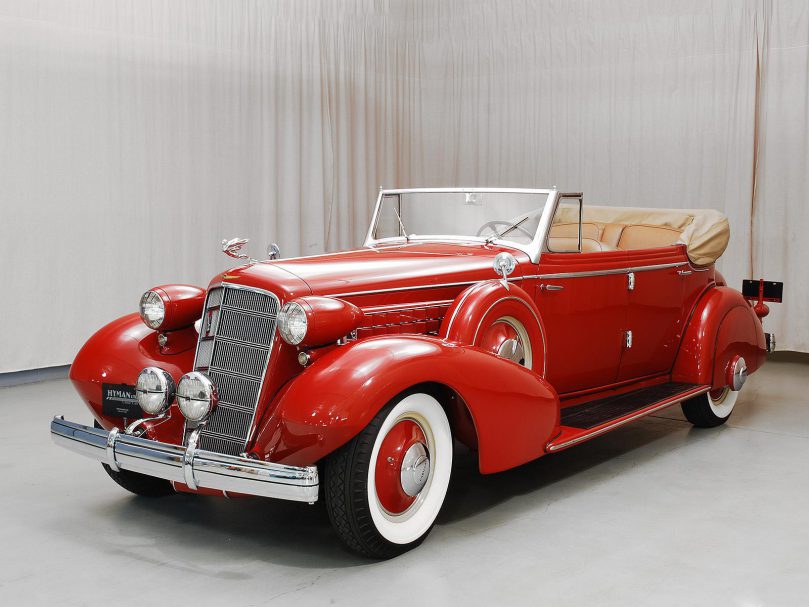With parallel import scheme, China aims to rein in luxury car prices – sources
SHANGHAI, Feb five (Reuters) – China is taking aim again at foreign luxury car makers such as Audi, BMW and Mercedes-Benz by permitting unauthorised dealers to sell imported cars – so-called ‘parallel imports` – in a budge to rein in high-end car prices.
Publicly, Beijing says a pilot scheme, which officially kicks off in Shanghai`s free trade zone next week, will promote competition and give consumers more choice, but people close to policymakers say it`s the latest in a series of measures aimed at bringing down prices that are far higher in China than elsewhere.
For the luxury car marques, the stir comes on top of weakening sales growth in the world`s thickest market, tensions with dealers, and a latest price fixing probe.
A lawyer who attended a closed-door seminar last year said officials at the Ministry of Commerce and the National Development and Reform Commission, China`s top economic planner, made clear their intention was to cut the price of high-end imported cars.
«Legalizing parallel imports is part of a broad anti-monopoly campaign by the government to improve market order and bring down prices of imported cars,» he said, asking not to be identified as he is not authorised to speak to the media.
In an emailed proposal reviewed by Reuters, the China Automotive Technology and Research Center (CATARC), a government-affiliated think-tank, lobbied Beijing a year ago to legalize parallel imports «to break monopoly and promote competition.»
Sales of premium cars rose by more than a fifth last year to around 1.6 million vehicles, according to consultancy Automotive Foresight (Shanghai) Co Ltd, but still account for less than ten percent of China`s total car sales. Together, Audi, BMW and Mercedes have around 70-80 percent market share in the premium segment.
More than twenty dealers have applied to join the pilot scheme, where imported luxury models will be sold at a 10-20 percent discount to those available through authorized channels, said an official at the Shanghai Waigaiqiao Automobile Exchange Market Co Ltd, the market organizer.
A BMW 650i xDrive Convertible that sells from $97,900 in the United States, can cost close to two million yuan ($320,179) in China. That scale of price differential has come under fire from Chinese media, and regulators last year fined a Chinese venture of Audi and the local sales unit of Fiat`s Chrysler a combined $46 million for price fixing.
GREY MARKET
China has had a grey market in auto sales for some time, centred around the northern port city of Tianjin where about half of China`s total car import deals are done. But buyers have been cautious given the lack of quality assure and after-sales service on unauthorised cars.
That will switch under the fresh scheme.
«The main significance (of the pilot scheme) is that buyers will now be legally entitled to warranty packages,» whether their imported car comes through an authorised or unauthorised channel, said IHS Automotive analyst Namrita Chow.
Analysts said it was difficult to gauge the likely influence on car prices given a lack of clarity over which models come under the parallel import scheme.
In an emailed statement, Audi said its dealer network in China was «very well ready for competition,» while BMW said it doesn`t expect any «substantial» influence on its China business. Daimler, which possesses Mercedes-Benz, said it was too early to comment. ($1 = 6.2573 Chinese yuan renminbi) (Editing by Ian Geoghegan)
